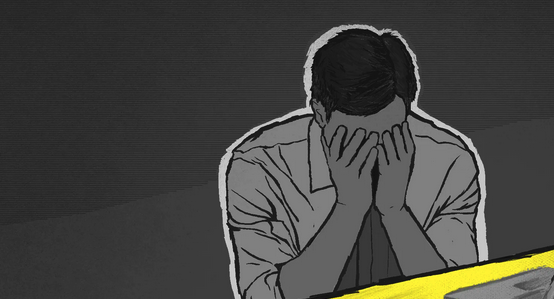

In an article which has appeared in both Brookings and Real Clear Markets, Randall Akee explains that black Americans may feel more stress from losing their jobs than other racial and ethnic groups. This finding is based on a larger report on race and unemployment from economists at Washington and Lee, the New School, and Duke.
While the psychological effects of long-term unemployment were similar between whites and blacks, the researchers found that black Americans had “a higher level of psychological distress for blacks than for whites” due to short-term unemployment. This is likely because of wealth disparity between the two races. Whites tend to be wealthier than blacks—according to the article, “white Americans had 10 times the median wealth of black Americans in 2016.”
How Wealth Disparity Causes a Variety of Issues
Essentially, blacks tend to have higher stress levels during short periods of unemployment because the lack of a “wealth buffer” leads to difficulty with immediate and necessary expenses such as housing, transportation, or food. The two races are equally impacted by long-term unemployment because hardship arises as a wealthier white person’s safety net eventually erodes.
What’s more, wealth disparity creates problems in terms of college attainment, meaning that fewer black Americans and people of color can gain the post-secondary education that is a key to many high-demand jobs. Additionally, Akee writes that “one’s mental ‘bandwidth’ can only focus on a fixed-number of items.” This means that those with more immediate financial concerns have less ability to engage in “productivity-enhancing activities.”
Finally, evidence shows that wealth inequality is growing, and that the disparities between racial groups are growing. While some progress in diversity and inclusion is being made, significant large-scale problems remain.


